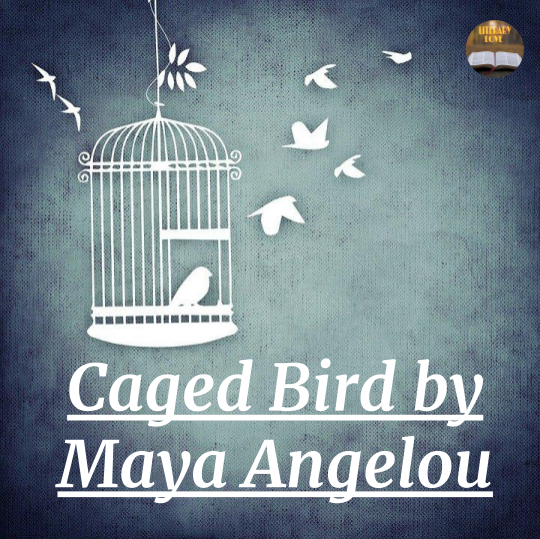Harlem by Langston Hughes
What happens to a dream deferred?
Does it dry up
like a raisin in the sun?
Or fester like a sore—
And then run?
Does it stink like rotten meat?
Or crust and sugar over—
like a syrupy sweet?
Maybe it just sags
like a heavy load.
Or does it explode?
INTRODUCTION -
Harlem is a famous poetic work by the American poet Langston Hughes. It was written in 1951. The poem is relatively short, consisting of only eleven lines divided into four parts. It is written in free verse and has no rhyme scheme. "Harlem" defines the harm that is produced when the dream of racial justice is continuously delayed. The poem here defines the restrictions of the American Dream for African Americans. It explores Harlem's black community's lives and awareness and the ongoing racial injustice within this community.
POET -
James Mercer Langston Hughes (February 1, 1901 – May 22, 1967) was an American poet, social activist, novelist, and playwright. He was one of the earliest innovators of Jazz poetry. His most famous works include Harlem, Dreams, Mother to Son, The Negro Speaks of Rivers, Let America Be America Again, etc.
SUMMARY -
The speaker asks what happens to a dream or hope if it is continuously delayed or suspended. The speaker doesn't define what the dream is or whose dream it is; instead, the poem leaves this inevitable and open-ended in some ways. The title suggests that the dream is one held by those who live in Harlem. The poet continues by giving us his different opinions. Does the dream wither up like a fruit in the sun? Or do they rot like a painful, infected wound and then leak out pus? How do these dreams smell? Do they smell like rotten meat or like a syrupy candy that gets all crusty and crystallized? The speaker states another possibility that maybe the unfulfilled dream will weigh the dreamers down as they continue to bear its weight. Finally, the speaker offers another possibility - maybe the dream will burst outward with vitality and energy, demanding to be noticed and estimated for.
THEMES -
- Social Injustice - The "dream" mentioned in the poem could be any dream that those in Harlem have had; a dream for a better life, for an opportunity, for equality—most broadly, for admittance to the American Dream itself. However, the poem makes it clear that a "dream deferred" by injustice doesn't simply disappear. Instead, that dream must be considered sooner or later.
- Individual and the Community - The deferred dream in the poem can be interpreted as a collective, social dream, and it may also be interpreted as an individual dream. The poem suggests that individual and collective dreams are complicatedly connected. Ultimately, the poem implies that individual dreams cannot be realized without realizing the more extensive, combined dream of equality.
END -
Hughes titled this poem "Harlem" after the New York neighbourhood that became the Harlem Renaissance centre. Many African American families saw Harlem as a refuge from the systematic bias they faced in other parts of the country. The poem's question is a powerful one, and there is a sense of silence after it. Hughes then uses vivid analogies to evoke the image of a postponed dream. He suggests that African Americans cannot dream or aim for great things because of the environment of maltreatment surrounding them.












1 Comments
Thank You
ReplyDelete